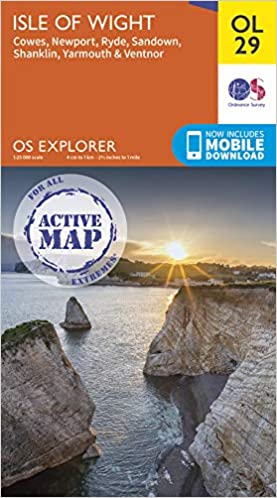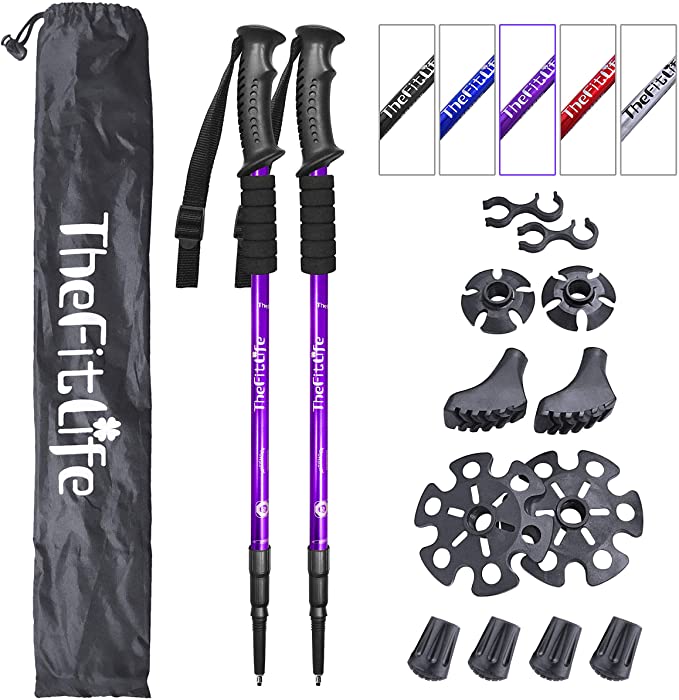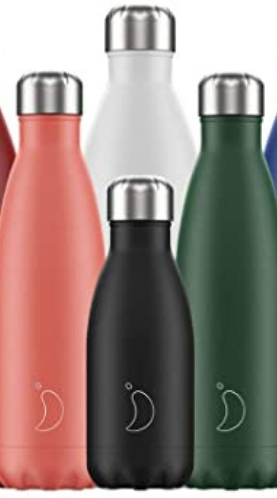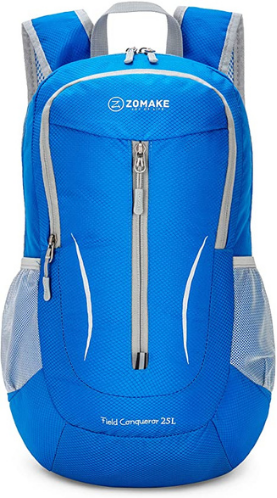The Countryside Code
Advice for countryside visitors
Respect Everyone
- be considerate to those living in, working in and enjoying the countryside
- leave gates and property as you find them
- do not block access to gateways or driveways when parking
- be nice, say hello, share the space
- follow local signs and keep to marked paths unless wider access is available
Farming, livestock and wild animals
Your actions can affect other people’s lives and livelihoods.
Co-operate with people working in the countryside. For example, follow the farmer’s directions when animals are being moved or gathered. This helps keep everybody safe.
Leave gates and property as you find them or follow instructions on signs. When in a group, make sure the last person knows how to leave the gates. Farmers close gates to keep animals in or leave them open to give access to food and water. Do not interfere with farm machinery, horses or livestock. If you think a farm animal is in distress, try to alert the farmer.
Give wild animals, livestock and horses plenty of space. Their behaviour can be unpredictable, especially when they are with their young and you could get hurt.
Do not feed livestock, horses or wild animals as it can cause them harm.
Travel and parking in the countryside
Traffic on country roads can be dangerous to people and wildlife.
Slow down and drive carefully on rural roads. Make sure you do not block access to gateways or driveways when parking. Always leave access for emergency vehicles.
Consider leaving your car at home when visiting the outdoors. You could use public transport instead. Find public transport information on the Traveline website.
Take extra care and stay alert where a right of way crosses a railway line. You can find guidance on safely using level crossings on the Network Rail website.
Face oncoming traffic and follow The Highway Code when you walk on a road without a pavement.
Be nice, say hello, share the space
When you’re spending time outdoors you could come across other users and animals. Slow down or stop for horses, walkers and livestock when driving or cycling. Always give them plenty of room.
Cyclists must give way to walkers and horse riders on bridleways.
Cyclists and horse riders should respect walkers’ safety, but walkers should also take care not to obstruct or endanger them.
Follow local signs and keep to marked paths
Use maps and local signs to help you find your way. Stay on marked paths, even if they’re muddy, unless wider access is available, such as on open access land. This helps to protect crops and wildlife.
Get to know the signs and symbols used in the countryside. They help you identify routes for different users through the countryside.
Use gates, stiles or gaps in field boundaries where you can. Climbing over boundaries can cause damage and put livestock at risk.
Contact the local authority if you think a sign is illegal or misleading. For example, a ‘private – no entry’ sign on a public footpath.
Check your route and local conditions
Make sure you know your route and have the maps you need. Refer to up-to-date maps, guides or websites before you set off.
You can find advice on specialist activities from outdoor recreation groups. Websites such as GetOutside, Visit England or Visit Britain can provide a list of these groups. Information centres can also give you local ideas and advice.
Check weather, tide and water conditions
Check weather forecasts before you set off. Conditions can change quickly on mountains and along the coast. Do not be afraid to turn back if conditions change when you’re out and about.
Look up tide times before you leave to reduce the risk of getting cut off by rising tides. Some rivers are affected by tidal change, it’s not just the sea. Take care on slippery rocks and seaweed.
Check the Environment Agency website for water quality and conditions if you want to paddle, swim or enjoy the water.
Protect the environment
- take your litter home – leave no trace of your visit
- take care with BBQs and do not light fires
- always keep dogs under control and in sight
- dog poo – bag it and bin it – any public waste bin will do
- care for nature – do not cause damage or disturbance
We all have a responsibility to protect our countryside and open spaces for current and future generations.
Care for nature – do not cause damage or disturbance. Leave rocks, stone, plants and trees as you find them and take care not to disturb wildlife including birds that nest on the ground.
Do not disturb ruins or historic sites – our heritage in the natural and built environment is important.
Take your litter home - leave no trace of your visit
Remember to bring a bag with you and take your rubbish and food waste home, use public bins or recycle if possible. Litter spoils the beauty of the countryside and can be dangerous to wildlife and livestock. Dropping litter and dumping rubbish are criminal offences.
Take care with BBQs and do not light fires
Be careful with naked flames and cigarettes. Only use BBQs where signs state they are allowed. Always put your BBQ out, make sure the ashes are cold and dispose of them responsibly. Fires can be as devastating to wildlife and habitats as they are to people and property.
Controlled fires are used by some land managers to manage vegetation, particularly on heaths and moors between 1 October and 15 April. Call 999 if you see an unattended fire.
Always keep dogs under control and in sight
The countryside, parks and the coast are great places to exercise your dog but you need to consider other users and wildlife.
Keep your dog under effective control to make sure it stays away from wildlife, livestock, horses and other people unless invited. You should:
- always keep your dog on a lead or in sight
- be confident your dog will return on command
- make sure your dog does not stray from the path or area where you have right of access
Always check local signs as there are situations when you must keep your dog on a lead for all or part of the year. Local areas may also ban dogs completely, except for assistance dogs. Signs will tell you about these local restrictions.
It is good practice wherever you are to keep your dog on a lead around livestock.
On Open Access land and at the coast, you must put your dog on a lead around livestock. Between 1 March and 31 July, you must have your dog on a lead on Open Access land, even if there is no livestock on the land. These are legal requirements.
A farmer can shoot a dog that is attacking or chasing livestock. They may not be liable to compensate the dog’s owner.
Let your dog off the lead if you feel threatened by livestock or horses. Do not risk getting hurt protecting your dog. Releasing your dog will make it easier for you both to reach safety.
The Dog Walking Code can give you more information.
Dog poo - bag it and bin it - any public waste bin will do
Always clean up your dog’s poo because it can cause illness in people, livestock and wildlife.
Never leave bags of dog poo around, even if you intend to pick them up later. Deodorised bags and containers can make bags of dog poo easier to carry. If you cannot find a public waste bin, you should take it home and use your own bin.
Plan your adventure - know what to expect and what you can do
Tell someone else where you are going and when you expect to be back. In rural areas you may not see anyone for hours and phone signals are unreliable in many places.
You are responsible for the safety of yourself, and others in your care. Make sure you have the skills and knowledge you need for your activity.
Prepare for natural hazards, including weather changes, to stay safe. Make sure you take the right clothing and equipment for your planned activities.
Remain flexible in case you need to change your plans if places are busy.
Walking Gear

OS Explorer Active OL29 Isle of Wight
Map sheet number OL29 in the OS Explorer map series is the perfect map for your days out and holidays on the Isle of Wight.

FitLife Hiking Walking Trekking Poles
Anti Shock, Absorbing Poles - With the High Quality 7 Series Aviation Aluminum Material. Ideal for Island walking.

Chilly's Leak-Proof, BPA-Free Bottles
Double-wall insulation maintains temperatures inside. food-grade stainless steel leak-proof drinking bottle.

ZOMAKE Ultra Lightweight Packable Backpack
Ultra-light. Ultra-durable. Ultra-awesome. The backpack is perfect for day-to-day use for walking on the Isle of Wight.

Travel Water Bottle for Dogs & Pets
Ideal for walking and travelling with your dog, and includes a bottle carabiner that can be attached to your backpack.
